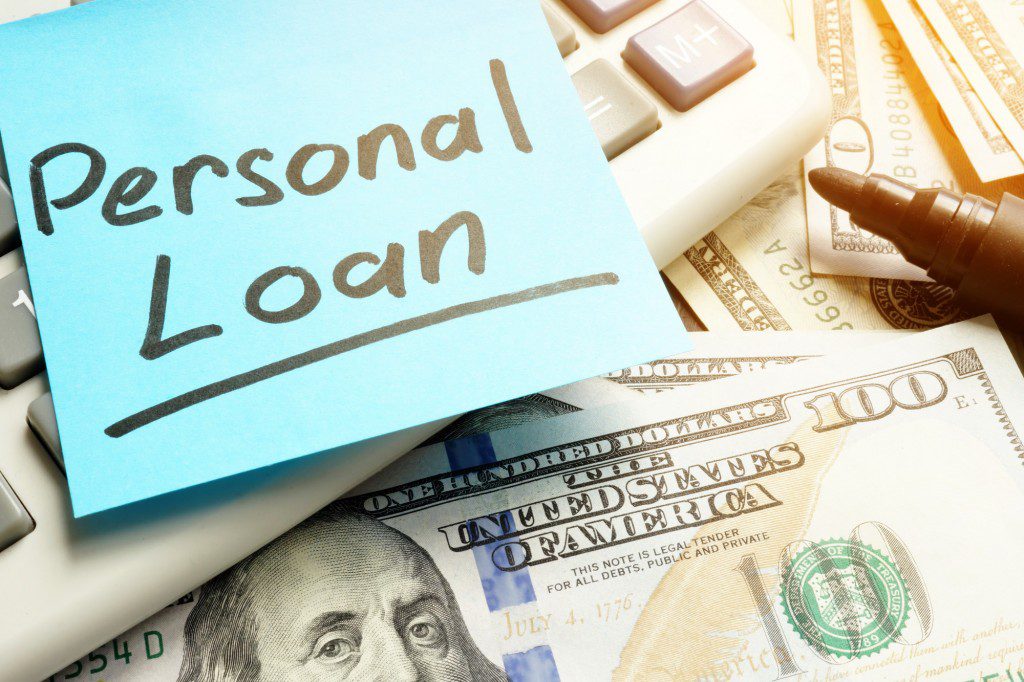Personal loans are a popular choice amongst those looking to borrow cash for any number of purchases. Typically these include things like a kitchen re-fit, a new car, plastic surgery, a wedding, a holiday, and to pay off higher interest rate debts, and every year many millions of pounds are borrowed this way.
If you are thinking about applying for a personal loan here are some key things you need to know about them.

You don’t need to offer security
Personal loans are unsecured, and you may actually see them advertised as ‘unsecured loans’ to make this clear to prospective borrowers. [A secured loan is money borrowed with something like your home offered as security – putting you at risk of losing the property if you default on the loan.]
Lenders
Typically banks and building societies are popular sources for personal loans, although credit unions and other authorized lenders do offer them too. Having a decent credit score is pretty important when applying for a personal loan, and it’s not unusual for traditional lenders like banks and building societies to limit their lending to those with long term strong credit rating.
Credit unions don’t hike up their rates but they may restrict lending to those who are established savers with them. In general the least attractive interest rates are offered by those prepared to lend to those with a weak credit score or bad credit.
The amount borrowed
£1000 is the minimum you can borrow with a personal loan, and the ceiling usually sits somewhere around the £25,000 mark.
Repayments
There are usually several different repayment plans on offer, although these may be linked to the amount borrowed, for example – the timescale to pay back very small loans will inevitably be limited to a shorter period than it would be for a larger amount, which is likely to have a choice of a short, medium or longer term payback period.
In most cases you need to make equal monthly payments – which will reduce part of the capital and part of the total interest owed, until the loan period ends, although some personal loans may have special features, such as payment holidays or the option to overpay on a number of occasions.
Interest rates
These are not usually fixed across the board, instead they tend to depend on the length of time chosen to make the repayments, and the total amount borrowed. Overall, the best value rates tend to be for loans lasting 3-5 years and for between £7.500 and £15.000. In general interest rates for [unsecured] personal loans are higher than for secured loans.
It’s worth noting that some lenders may offer better [lower] interest rates to applicants with very good credit scores.
Thinking time
You have 14 days after being issue the loan to change your mind and cancel the loan agreement without attracting any kind of penalty – though of course you have to return the cash borrowed!